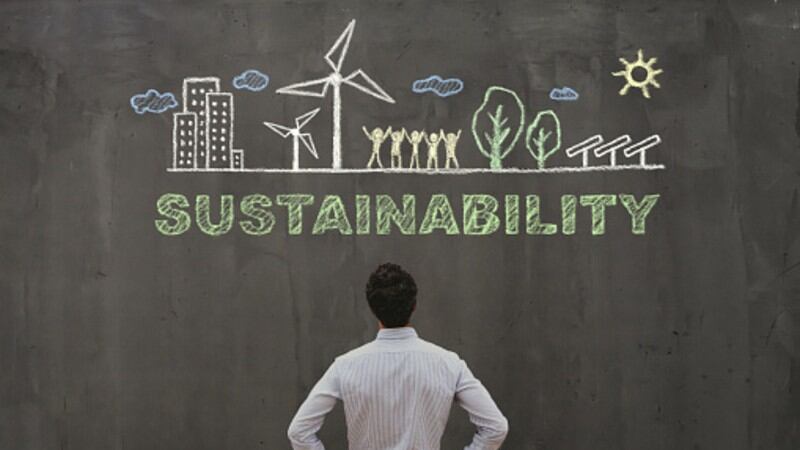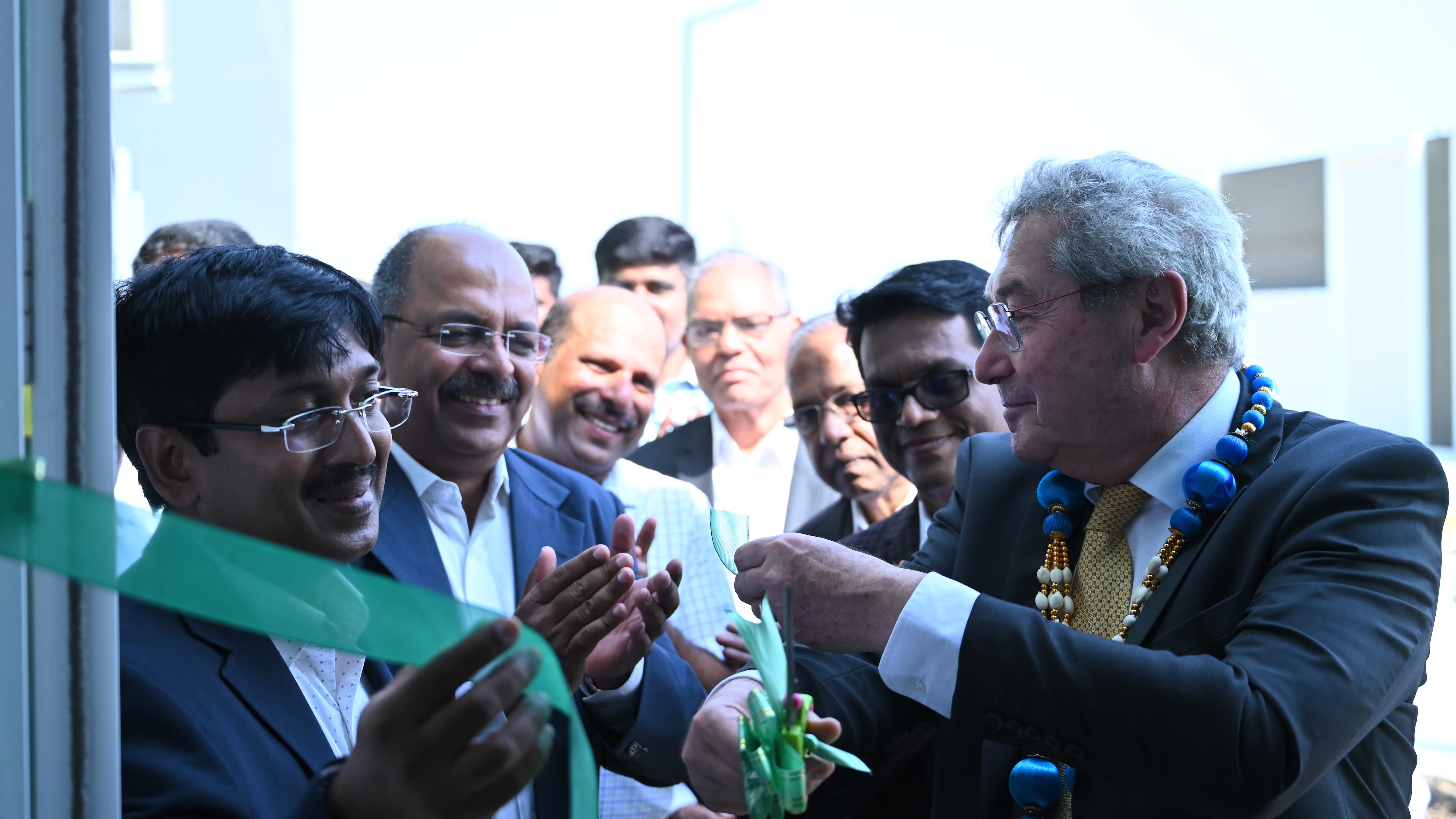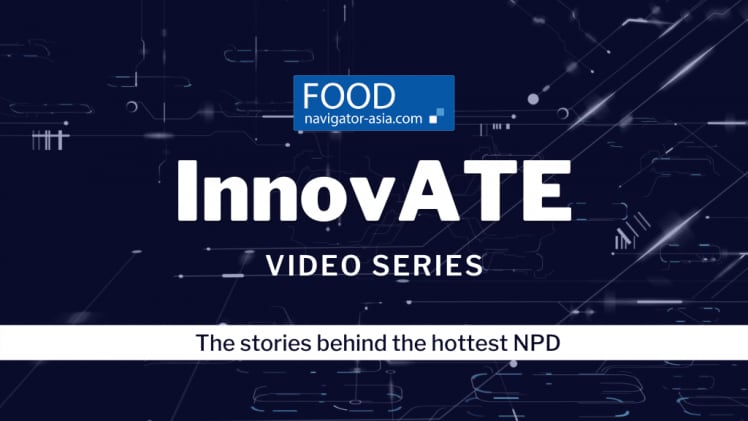Salt and sugar reduction: Kraft Heinz says China, Indonesia plans key part of APAC ESG commitments
Global food giant Kraft Heinz has revealed salt and sugar reduction projects for major markets such as China and Indonesia, with the firm stating its nutritional strategy is a key part of its regional sustainability commitments.
Sustainability and corresponding ESG commitments have emerged as key business and growth strategy components for many multinational food and beverages over the past few years – many focus on environmental or labour issues, which are seen as lower-hanging fruit.
Kraft Heinz is opting to focus a large portion of its efforts on improving consumer nutrition, starting with the reformulation of products in several of its well-known brands.
Trust as important as tech: How to convince SEA smallholders to drive climate-smart farming
Innovators in the South East Asia ag-tech space need to devote as much time and resources into building trust among smallholder farmers as they do on developing their products, if climate-smart practices are to be more widely adopted.
Recent years has seen a huge way of digital and tech innovations across the globe – many pioneered by start-ups – to help farmers adopt more climate friendly practices and minimise risk to their businesses from climate change.
However, with South East Asia home to more than 80% of the world’s small holder farmers, driving adoption is an ongoing battle.
The topic was at the top of the agenda at the SEA Agri-Food Roundtable in Bangkok, with experts from Thai Wah, the Asian Development Bank (ADB), Temasek, Jiva and Rabobank sharing their insights.
More than a buzzword: Net zero sustainability commitments must make business sense for food firms – expert panel
The commitment to and achievement of net zero goals must make real business sense for food and beverage companies in the region in order to ensure these remain a key part of business operations as opposed to just fulfilling a trend.
Many multinational food and beverage companies from Nestle to Mondelez to Coca-Cola and more have drawn up and committed to net zero carbon emission strategies in the name of environmental sustainability over the past few years.
But in order to bring these net zero commitments beyond just another trend or buzzword to attract consumers, and truly make these a part of company strategy, it is crucial to keep these strategies in line with business strategies, so it will make sense to keep these going even if the hype dies down.
Strengthening supplies: Japan looks to international food trade collaborations in latest bid to beef up food security
Japan recently inked several new food trade agreements with the governments of Bangladesh and Canada as it seeks to improve food security in the wake of the ongoing Russia-Ukraine war.
Japan has been battling the issue of weak food security and a low rate of self-sufficiency, which emerged as a glaring ongoing risk for the country during the lockdowns and supply chain challenges faced during the peak of the COVID-19 pandemic.
Whilst the government has launched various agri-food initiatives boost local food production and self-sufficiency in the long run, in the shorter term it is looking to increase its international food trade agreements.
From waste to wonder: Upcycled products gaining traction with APAC food firms keen to maximise processing potential
The upcycling of food waste to make new products from staple foods to snacks is emerging as an increasingly popular strategy among food firms in the Asia Pacific region to maximise the potential of production processes.
Although firms created upcycled foods and beverage products have been around for several years, upcycling in general tended to be considered more as an ‘afterthought’ for sustainability purposes. But today, with the value of processing efficiency higher than ever, it is emerging as an increasingly viable strategy to help firms maximise processing potential.





